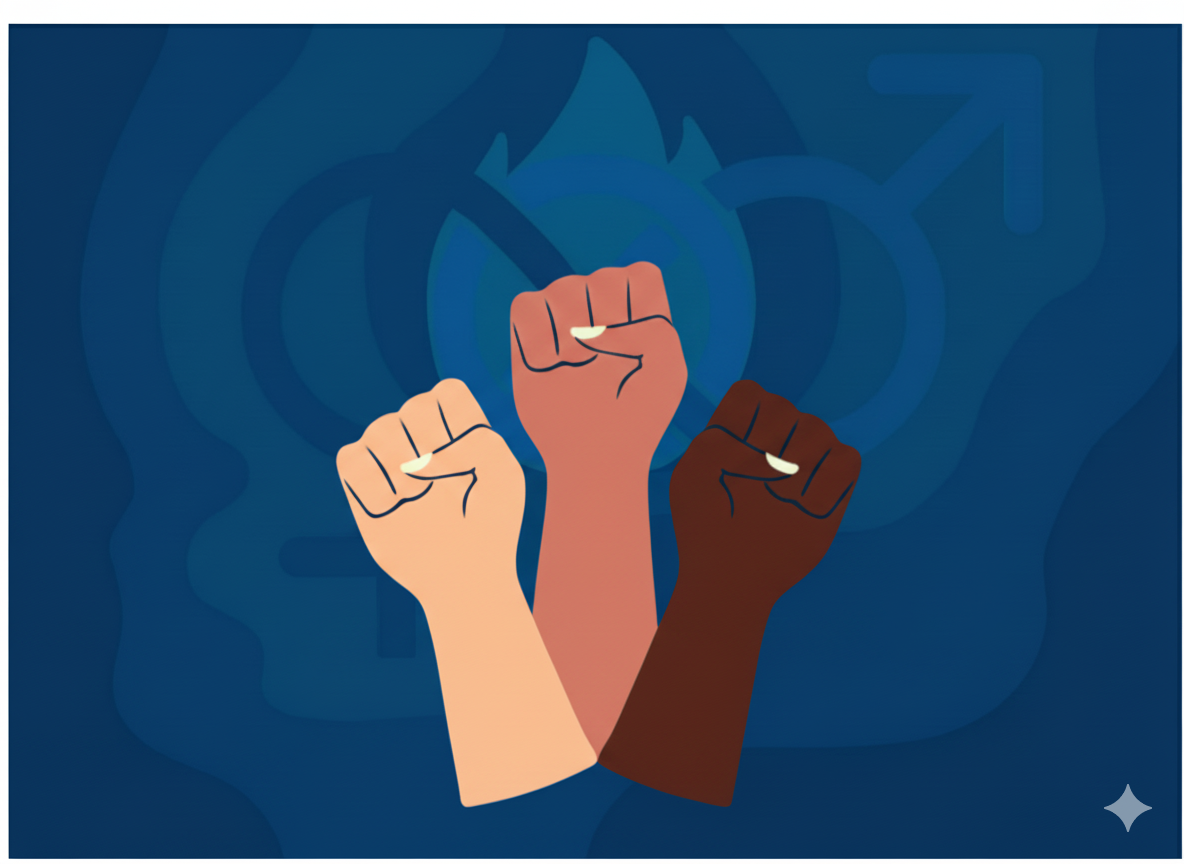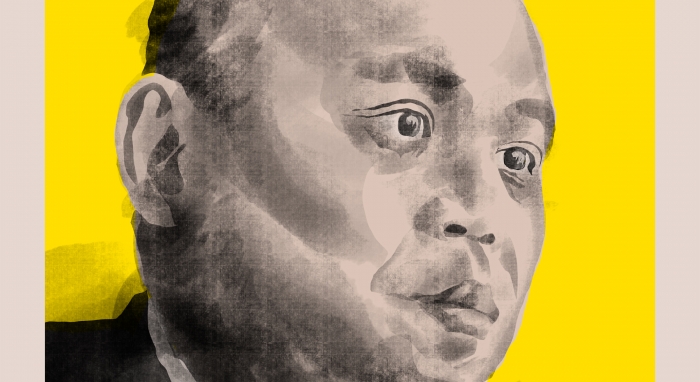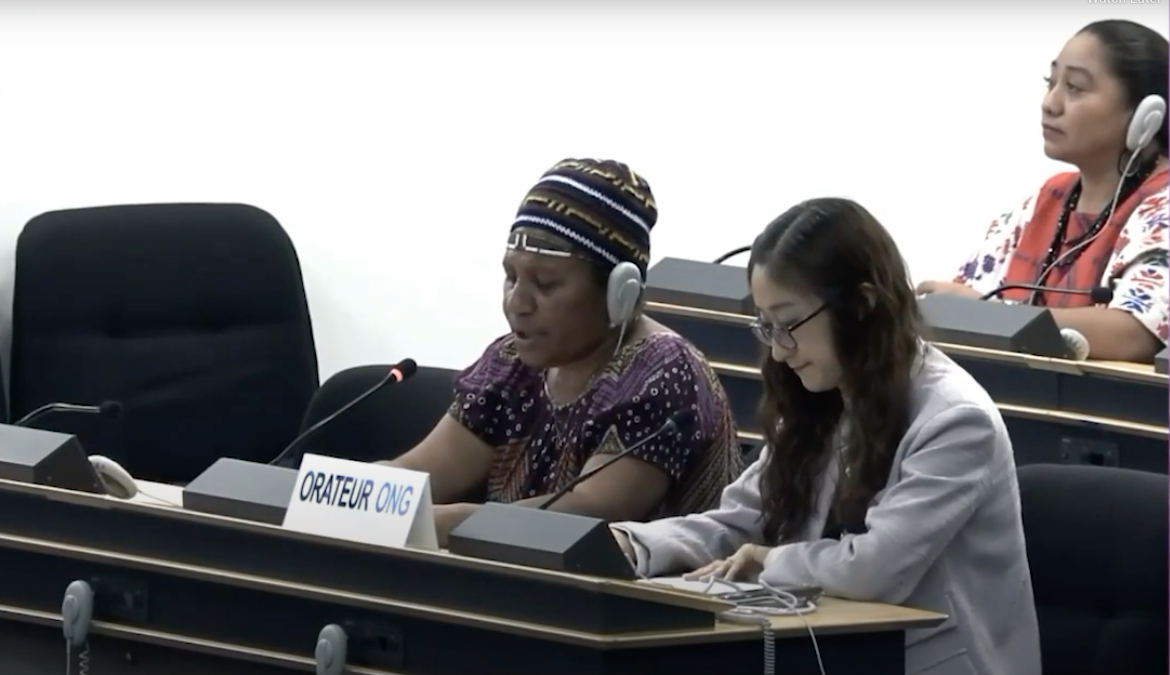请点此阅读中文版。
ISHR welcomes a decision by the Working Group against Arbitrary Detention (WGAD) finding that China arbitrarily and unlawfully detained Yu Wensheng, a prominent human rights lawyer. Wensheng, who has been detained since January 2018, is an advocate of political reform in China and has represented fellow activists and human rights lawyers. He was seized by police on 19 January 2018 when taking his son to school, the day after he released an open letter calling for constitutional reform. Yu is among the list of at least 26 lawyers who have been effectively disbarred since January 2016 under China’s administrative regulations criminalising lawyers’ exercise of the right to freedom of expression and assembly.
Yu has been denied visits and has been allowed only one video call with his family. His family fear that he has been mistreated, coerced and possibly tortured in custody. He has been denied access to lawyers appointed by his family, and there has not been an opportunity to challenge the legality of his detention. Yu was put under a secret trial on 9 May, without any notification to his family or lawyers: his wife Xu Yan has expressed grave concern about his situation; his verdict remains unknown.
As China is not a party to the International Covenant on Civil and Political Rights, the WGAD examined China’s obligations under the Universal Declaration on Human Rights (UDHR), its five categories of arbitrary detention, and various international guidance, including the Body of Principles for the Protection of All Persons under Any Form of Detention or Imprisonment. The WGAD found that Yu’s deprivation of liberty contravenes numerous articles (2, 3, 6, 7, 8, 9, 10, 11 (1), 19, 20 and 21(1)) of the UDHR and constitutes arbitrary detention.
Human rights defenders’ status as a prohibited ground of discrimination
In their decision, the WGAD recognise that Yu has been targeted specifically for his work as a human rights defender.
The WGAD’s opinion is a clear recognition of the work of defenders, the particular risks and threats they face and the need to promote and protect their rights. Particularly notable is that Yu’s deprivation of liberty was found to constitute a violation of international law on grounds of discrimination, and, specifically due to his status as a human rights defender.
That is, the WGAD affirmed that status as a human rights defender is a protected attribute in its own right under anti-discrimination and equality provisions of international human rights law. The right to be free from discrimination is a non-derogable and fundamental principle of international law. This offers a layer of protection to human rights defenders against State actions that otherwise may be justified by governments as being proportionate interferences with civil and political rights.
The WGAD also emphasise the wider threat faced by human rights defenders across China, highlighting that in its 27 year history, it has adopted 82 opinions finding arbitrary deprivation of liberty in China, recently in the cases of lawyers Wang Quanzhang, Jiang Tianyong and Li Yuhan.
In calling on the Chinese Government to bring its domestic laws in line with international human rights standards, the WGAD encourage the Government to incorporate a specific law for the recognition and protection of human rights defenders into domestic legislation and to ensure its implementation.
For more information, please contact Sarah M Brooks (at [email protected] or Twitter @sarahmcneer); or Raphael Viana David (at [email protected]T or on Twitter at @vdraphael).
Illustration: Badiucao




